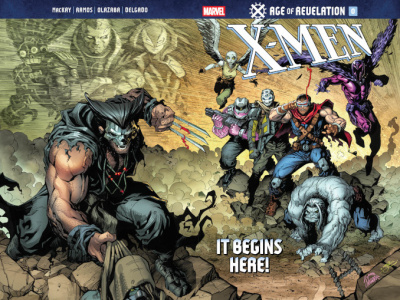Steve Saffel, an Editor and
IP Developer in
Your article relating to the new imprint at Harper raised a lot of excellent questions, in particular when you said, "it is difficult to see how these changes will help retailers, at least those of the brick-and-mortar variety." There are a couple of immediate benefits that spring to mind.
The first is sales. Every book that's returned is a missed revenue opportunity. No one benefits, and several parties--including the author--lose. As a famous editor once said, "trees died for nothing."
The second benefit is marketing. Because of the costs, most of today's publishers won't market every title. I work with a couple who do support every title, creating dedicated Websites, doing sales outreach and advertising, yet when you consider the largest houses, the costs become prohibitive (especially as those companies cut the staff who would do the leg work).
Effectively marketed books generate buzz, which in turn can sell more books in the brick-and-mortar stores. The publisher's marketing program will provide a foundation upon which the author and the retailer can build their own efforts. Today's media provide amazing opportunities for the creator to promote a project in exciting and creative ways.
Certainly there are problems. After all, without an advance, how can the author and/or artist pay the rent? An artist who lives hand-to-mouth will need some source of income. On the other hand, the author who can survive in the short term may benefit in the long term. Many an author has been sunk by a large advance that didn't earn out, and caused publishers to eschew later submissions.
So while this model may not be for everyone, there are publishers who already employ it, and quite successfully. There are opportunities for each and every party involved in the process, as long as they have the wherewithal to take advantage of them.
The opinions expressed in this Talk Back article are solely those of the writer, and do not necessarily reflect the views of the editorial staff of ICv2.com.







